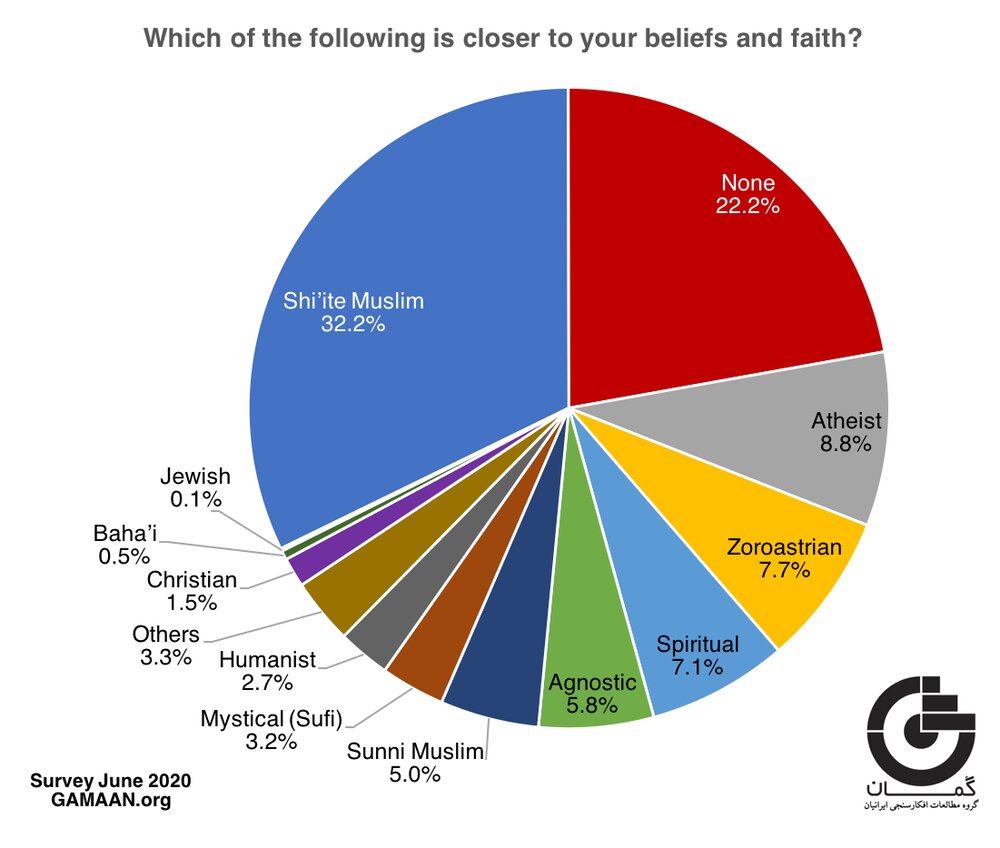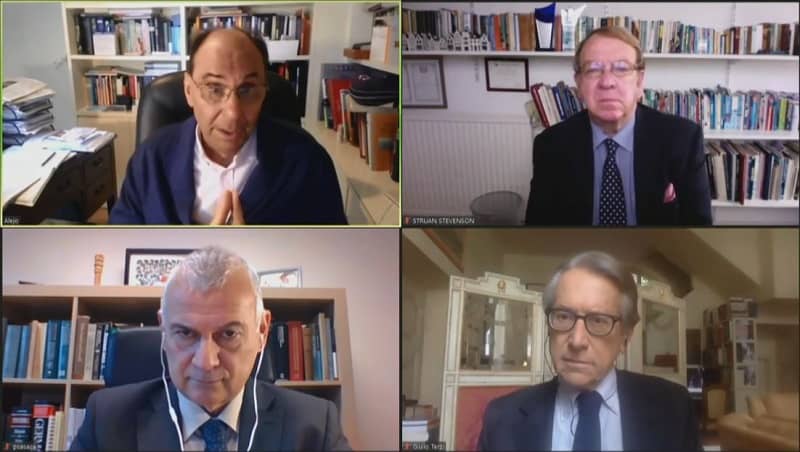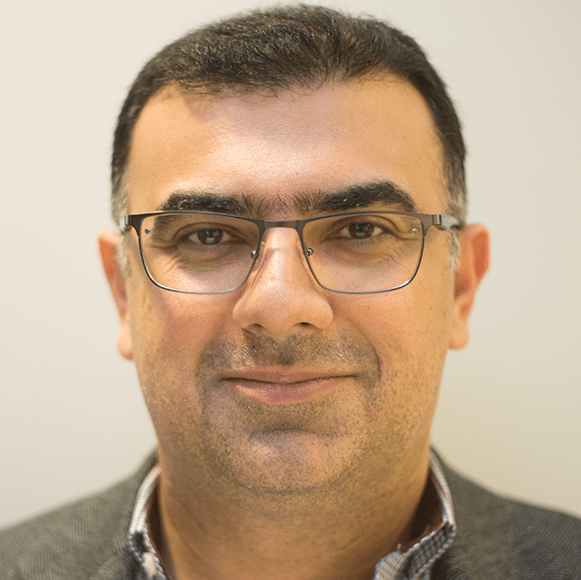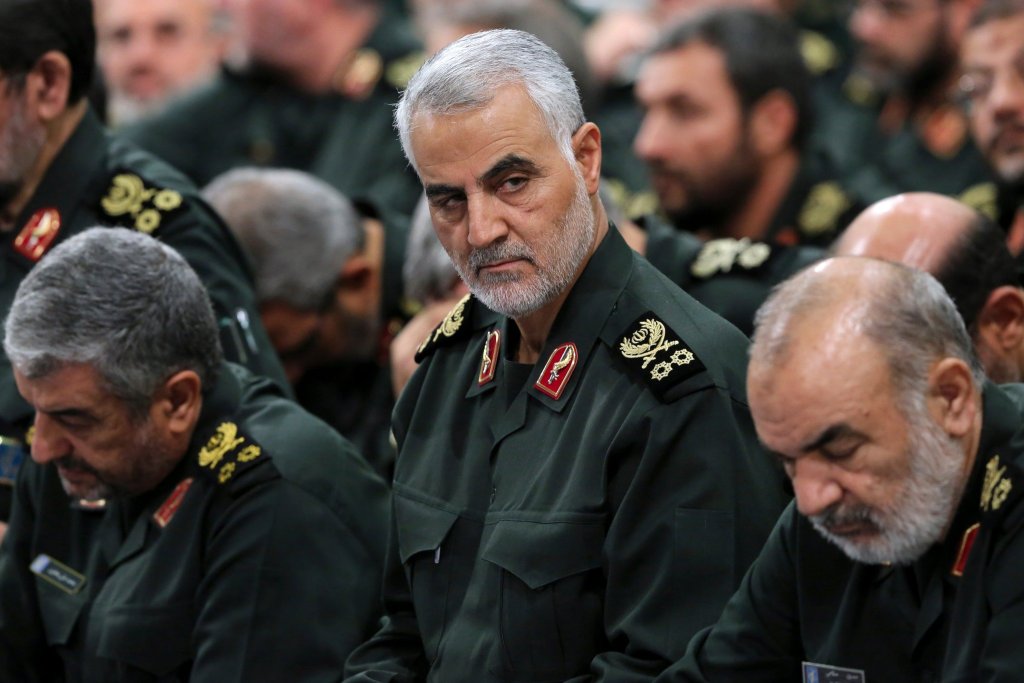Articles
Wed 30 Dec 2020
Today, Iran sees a widening gap between the nation and state as systematic human rights violations grow day by day. This situation has created controversial debates on the intervention of the U.S. administration, whether the U.S. should take action to convince, or rather force, Iran’s leadership to address its misconduct against civil society activists and political dissidents. Although, since 1979, the U.S. government has stood in protest of the violation of basic rights in Iran, and during the Donald Trump presidency imposed more sanctions on individuals and organizations involved in these atrocities, some in Iran believe the actions are not sufficient and expect more drastic steps from U.S. government. The 2020 U.S. presidential election was followed very closely inside Iran and a sharp division emerged over which candidate, Joe Biden or Donald Trump, would be more likely to advance human rights in Iran.





